Studio: Blumhouse
Director: Gerard McMurray
Writer: James DeMonaco
Producer: Jason Blum, Michael Bay, Andrew Form, Brad Fuller, Sebastien K. Lemercier
Stars: Y’lan Noel, Lex Scott Davis, Joivan Wade, Steve Harris, Mo McRae, Patch Darragh, Luna Lauren Velez, Christian Robinson, Marisa Tomei
Review Score:
Summary:
A Staten Island housing project becomes the center of a social experiment where crime is legal for 12 continuous hours.
Review:
In 1997, I had a friendly debate with a fellow “Star Wars” fan about how we thought “The Phantom Menace” might turn out. I predicted that no matter what, the prequel would be disappointing. At the time, it had been 20 years since George Lucas birthed his baby into the world. My argument reasoned that the franchise had grown into such a many-headed beast through comics, cartoons, novels, toys, and games, it now belonged to other ideas. There was no way that expansive fantasy could ever be funneled back through Lucas’ imagination in a way that would satisfy those who had “Star Wars” consuming their minds with ballooning ideas and demanding expectations.
My friend countered that nothing could ever compare to an original creator’s vision. He contended that “The Phantom Menace” was assuredly destined to deliver astonishment.
One of us had a better take than the other.
That anecdote comes to mind because “The Purge” faces a similar crossroads with its prequel. Although Gerard McMurray takes the director’s baton for “The First Purge” (and runs away with it at a full sprint), three-time helmer and franchise father James DeMonaco wrote all four films. DeMonaco seemingly has a chokehold on his creation that he isn’t anxious to release. Maybe that’s partly why we see next to no licensing for “The Purge” and only one expansion in the form of a television series, which DeMonaco also created. Shouldn’t we at least have an open-world video game based on “The Purge” by now?
“The First Purge” shows James DeMonaco can still plant bountiful seeds using the setup. But repeatedly relying on recycled beats of manic mayhem suggests “The Purge’s” capacity for wide-ranging stories with relevant political parallels has grown beyond DeMonaco’s capacity to contribute creatively. If four consecutive feedings of essentially the same meal offers any indication, perhaps it’s high time to hand the reins to J.J. Abrams and Kathleen Kennedy’s equivalents so we can finally lean into some more inventive takes on this familiar fiction.
The title reduces the prequel’s premise to a simple summary. With America facing social upheaval previously thought unimaginable (not unlike how the real America once viewed “The Purge”), behavioral scientist Dr. Updale proposed a plan that would let citizens legally “purge” criminal urges one night out of the year. New Founding Fathers lickspittle Arlo Sabian pushed Updale’s idea through Congress and voila, ‘The Purge’ is about to be born.
The government isn’t insane enough to unleash anarchy on a nationwide scale just yet. For this experimental first outing, The Purge is limited to New York’s Staten Island, specifically low-income communities with minority families. Powers That Be like Updale and Sabian aren’t entirely certain how everyone will behave. Neither are the people. Outside of a little looting and an occasional threat of violence, reticent residents mostly host block parties or bunker down to watch events on TV. Things change when an invested interest instigates action to significantly amp up the body count.
“The First Purge” presents a whole cadre of clichéd characters who nevertheless possess potential for audience endearment thanks to genuinely passionate performances. At the center stands Dmitri, the local crime lord with a conscience. When not leading Purge protests, his former flame Nya appeals to Dmitri to reconsider his impact on their community. Nya’s younger brother Isaiah is torn between his sister’s idealism and an easier route out of poverty by slinging Dmitri’s drugs. Nya’s neighbor Dolores always has a quick quip to complement her hands-on-hips attitude. Also included are a single mother and daughter, a psychopath beefing with Isaiah, Dmitri’s enforcers, Dmitri’s rival, and several more subplots than “The First Purge” can adequately address in an hour and a half.
The movie consistently captivates when the audience gets intimately involved with both friendly and unfriendly citizens. The people of “The First Purge” pour out personality in every scene where they interact with each other or react to the implications of their situations instead of only dealing with immediate dangers. Y’lan Noel and Lex Scott Davis capably lead a charismatic charge, and that’s no small feat considering everyone comes cut from a standard stereotype engineered for predictable sympathies.
Dmitri going from poisoning his neighborhood with drugs to earning redemption as its savior emerges as the main throughline, and effectively drives the film on the strength of intriguing characterizations. Other arcs don’t run as deep. Isaiah’s conflict comes to a head when his sister merely asks him to be better and he immediately agrees, initiating a secret sibling handshake that brings big smiles. As the Staples slogan goes, “that was easy.”
Running out of room really gets in the way of letting “The First Purge” bloom. Weirdly, it’s the award-caliber names who are pushed to the back burner most often. Two-time Emmy nominee Steve Harris receives fourth billing among a cast of dozens, yet his total screentime tops out at three unimportant minutes. Oscar-winner Marisa Tomei doesn’t even get billed at all. Her role as Dr. Updale is so inconsequential, Tomei’s name is relegated to acknowledgment in the end credit scroll instead of a separate title card.
Making the misuse of limited real estate more unfortunate is the fact that “The First Purge” can’t help but fall back on old tricks when it was legitimately making progress with its narrative. The public announcement kicking off 7pm ‘festivities’ every Purge Night includes the line, “all crime, including murder, will be legal for 12 continuous hours.” “Including” may as well be “especially” since these movies can’t ever focus on any crime other than killing, which certainly becomes the case here.
Maybe DeMonaco and company simply wanted an explosive last half hour loaded with firefights, flash bangs, stabbings, and slashing. They get it, but all of that noise comes at the cost of cutting the cord on the interpersonal elements that were making the prequel distinctive as a Purge film.
By going backwards on the timeline, the prequel takes a small step forward toward chiseling at the humanity that makes “The Purge” so criminally underutilized as a conduit for social commentary. “The First Purge” turns out to be not too different from the other three already witnessed. While that makes for adequate entertainment in the interim, the franchise needs to consider creative course correction for a fresher future.
Review Score: 65
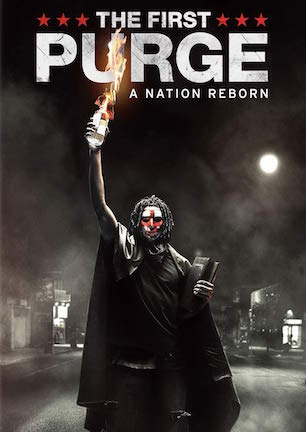

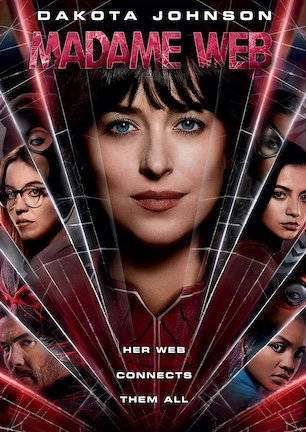
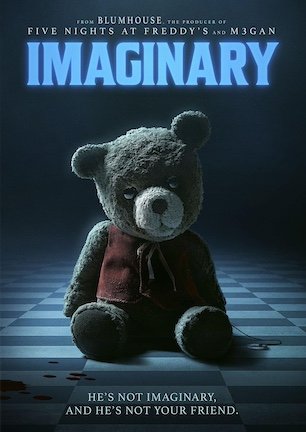
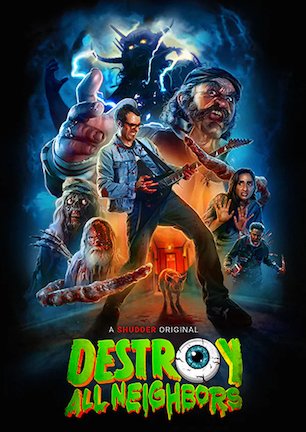
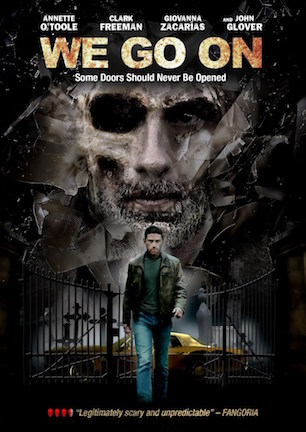

If you want to see impossible amounts of blood explode crimson colors like the world’s worst version of a gender reveal, well, “Abigail” at least has that.